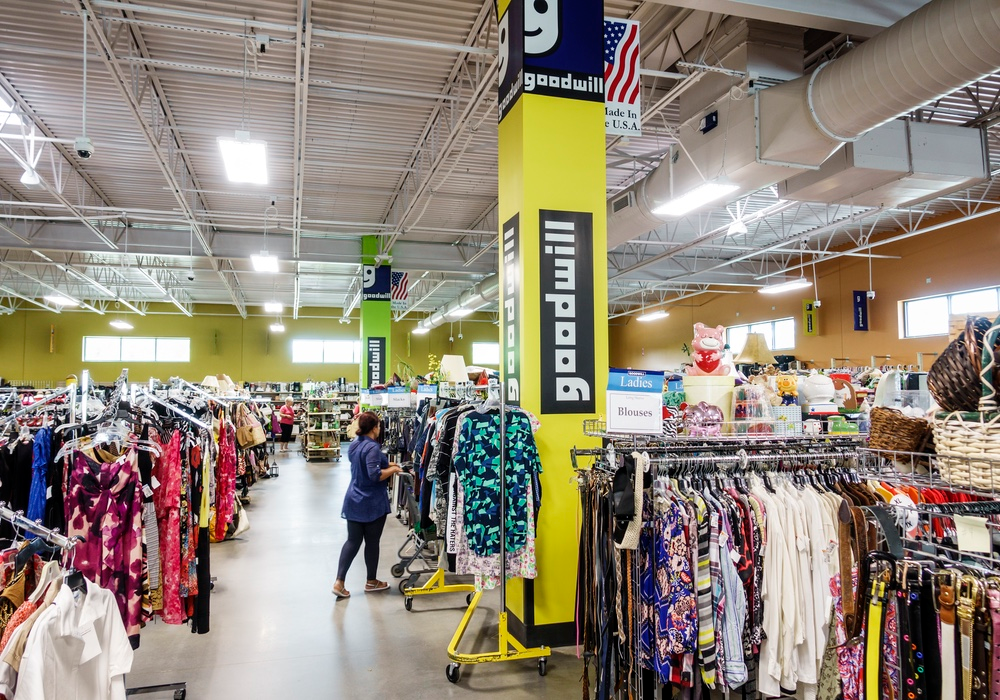

It appears that they are operating in the open without any effort to obscure. I don’t know this world enough to make any specific allegations, but the amount of death and suffering summarized there must be massive. You and I are just learning of it now but it is surely known to those in power. This website isn’t even putting any kind of “human rights” gloss on it.
Seem like corporate espionage, mercenaries, money laundering and similar. I also saw Crétier described as a “philanthropist” so likely influence peddling as well. One thing he does is BOLO a free-of-charge service to raise awareness about a dozen or 2 criminal nationwide like putting their faces on a track.
If you have the stomach you could try listening to this Business Council of Canada Podcast interview with Stephan Crétier. From the bad quality transcript I guess it’s mostly about the fluffy end of things: pervasive mass surveillance and gangstalking.
Well, I think the answer is yes. It’s funny because when cameras started, all the systems of camera, I remember sitting with investors at that time. It was growing. I’ve always been looking for money. That’s for sure. So I’ve always been in front of investors. People are saying, “Your business won’t exist. For three guards, we’ll put a camera and a guard.” The problem is the more you put a camera the more you see things. The more you see things the more you need people to get involved. That’s been the reaction. You look at the growth of the security industry, the people side of the business. Since cameras have been there, it’s unbelievable. The growth is there.
what we’ve done is we worked with a lab in Montreal to develop I would call a kind of technology that is able to amplify events when you’re looking for someone, when they decide to put a focus on someone. We’ve developed a system that puts a lot of pressure on the person using social media. We’ve been very successful. We’ve done on the first year seven cases. We’ve caught one person that was wanted for 15 years. The objective is not necessarily to catch more people, but it’s to get people to realize on the long term that the world might be safe, but if everyone was doing their job of being on the lookout, the world would be a safer place.





And especially with no prior information available suggesting a vast crime network!!
https://www.gardaworld.com/leadership?bio=stephan-cretier:
https://news.bloomberglaw.com/private-equity/canadian-in-dubai-becomes-billionaire-with-private-cia-empire